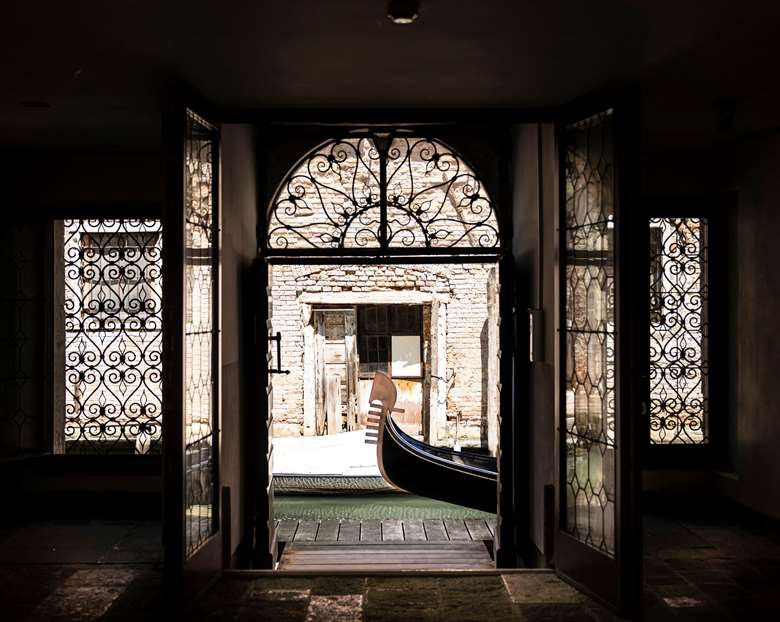Palazzetto Bru Zane: An ‘experimental approach’ to French Romantic music – in Venice
Claire Jackson
Thursday, May 23, 2024
Combining the ‘culture of a startup’ with detailed research and a music-first approach, the Centre de Musique Romantique Française brings newly discovered historic repertoire to the surface among the Venetian canals


Register now to continue reading
Don’t miss out on our dedicated coverage of the classical music world. Register today to enjoy the following benefits:
- Unlimited access to news pages
- Free weekly email newsletter
- Free access to two subscriber-only articles per month


